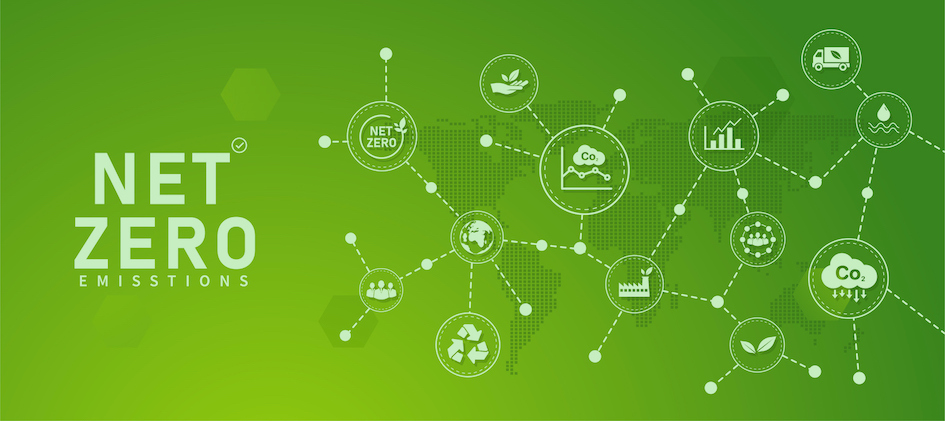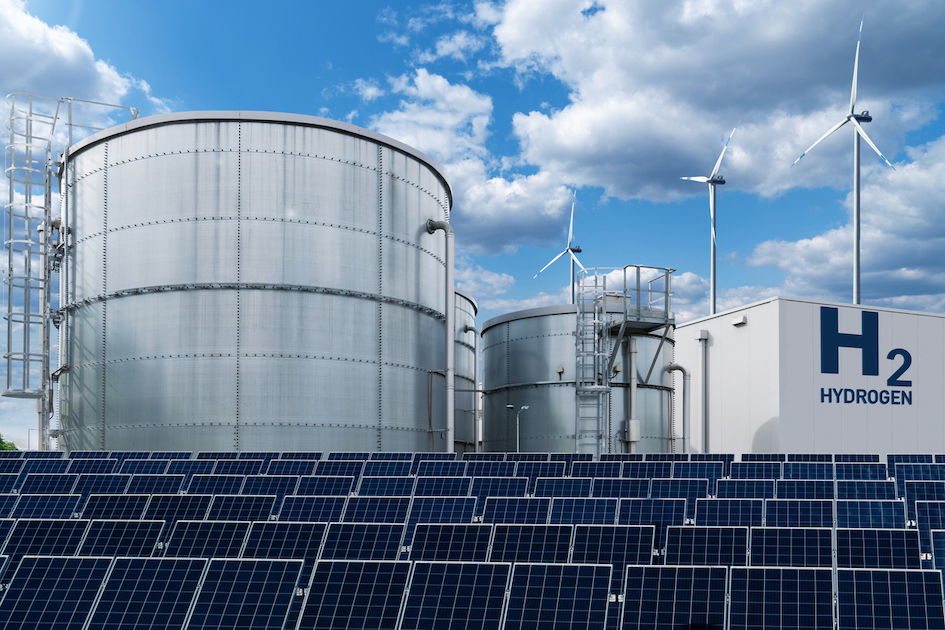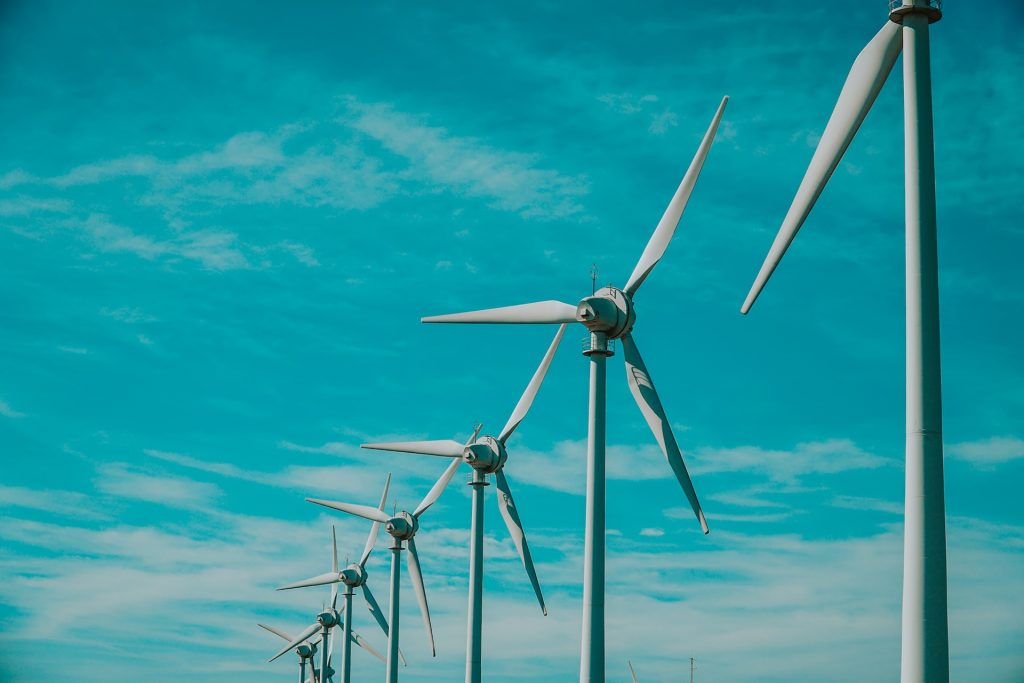With the increasing global focus on addressing climate change, hydrogen has emerged as a crucial component in the worldwide decarbonisation efforts.
Currently, there are over 1,000 hydrogen projects in progress globally, with more than 350 announced in the past year alone. These initiatives are anticipated to attract approximately $320 billion in investments by 2030. Notably, venture capitalists and private equity firms invested $8 billion in hydrogen ventures last year, a significant increase from the $2 billion invested in 2020.
Thyssenkrupp Nucera, a pioneering manufacturer of electrolysers used in hydrogen production to separate it from oxygen in water, is expected to go public through an initial public offering (IPO) on July 7th. This IPO, supported by a Saudi sovereign-wealth fund and the French bank BNP Paribas, could value the company at nearly $3 billion.
Achieving deep decarbonisation however requires significant ongoing investments. According to the International Energy Agency, which serves as an authoritative forecaster, clean hydrogen should account for approximately 10% of final energy consumption by the middle of the century. To accomplish the goal of net-zero carbon emissions by 2050, an additional $380 billion will need to be invested in hydrogen projects by the end of this decade. This is in addition to the already announced $320 billion needed to effectively advance the hydrogen sector.

Currently, there are over 1,000 hydrogen projects in progress globally, with more than 350 announced in the past year alone. These initiatives are anticipated to attract approximately $320 billion in investments by 2030.
However, getting the hydrogen industry going is time consuming because despite the most overused phrase in the business that ‘hydrogen is the most abundant element in the universe’ this fact is of little consequence. To be in the right state to power anything, hydrogen first has to be created either as through a carbon intensive process or by splitting it from the oxygen molecule through the process of electrolysis.
When producing hydrogen from hydrocarbons, any carbon emissions generated should be captured and stored. With appropriate emissions controls, this type of hydrogen, known as “blue” hydrogen, has the potential to significantly mitigate CO2 emissions.

Thyssenkrupp Nucera, a pioneering manufacturer of electrolysers used in hydrogen production to separate it from oxygen in water, is expected to go public through an initial public offering (IPO) on July 7th. This IPO, supported by a Saudi sovereign-wealth fund and the French bank BNP Paribas, could value the company at nearly $3 billion.
The environmentally superior choice splits water into its component parts in an electrolyser, using carbon-free electricity from renewables (wind, solar) to make the resulting “green” hydrogen. If nuclear power is used to power the electrolysis process, then the resulting hydrogen is classed as “pink”.
According to Bernd Heid, a hydrogen consultant at McKinsey, he anticipates that by 2030, a kilogram of blue or green hydrogen can be produced without subsidies at a cost ranging from $2.50 to $3.50. This cost projection is becoming increasingly competitive with hydrogen derived from natural gas, which is currently manufactured profitably at a cost of under $2 per kilogram. This competitiveness is further enhanced if governments demonstrate a stronger commitment to implementing appropriate carbon pricing measures.

When the process of electrolysis to produce hydrogen is powered by electricity from a renewable source such as wind turbines or solar, the resulting hydrogen is classed as ‘green’.
Furthermore, rapid growth in the hydrogen industry is now becoming highly plausible. Esben Hegnsholt, a consultant at BCG, envisions the rapid development of electrolysers, fuel cells (which use hydrogen and oxygen to generate electricity and water vapor), and other equipment related to the hydrogen economy.
____________________
Related content:
These hydrogen hubs are driving the UK’s energy transition
____________________
Companies are finding innovative solutions to overcome supply bottlenecks. For instance, Plug Power, an integrated American company specialising in clean hydrogen, electrolysers, and fuel cells, has established a partnership with Johnson Matthey, a British chemicals and green-tech company with access to the rare metals essential for hydrogen production in electrolysers and electricity generation through fuel cells. The collaboration demonstrates the industry’s commitment to addressing supply chain challenges and fostering technological advancements.
Policymakers are currently showcasing a sense of optimism coupled with a pragmatic perspective. As a notable development, the German government has now decided to permit the importation of blue hydrogen, produced from natural gas in Norway, through pipelines.
This development marks a pivotal moment in the hydrogen sector. However, it is important to recognise that the complete fruition of hydrogen’s potential will naturally require time and nurturing.
To learn more about Ryze Hydrogen, click here.






